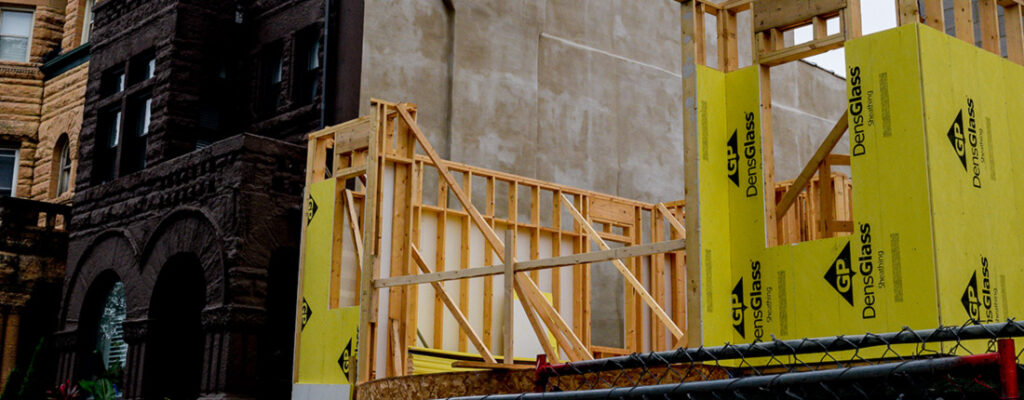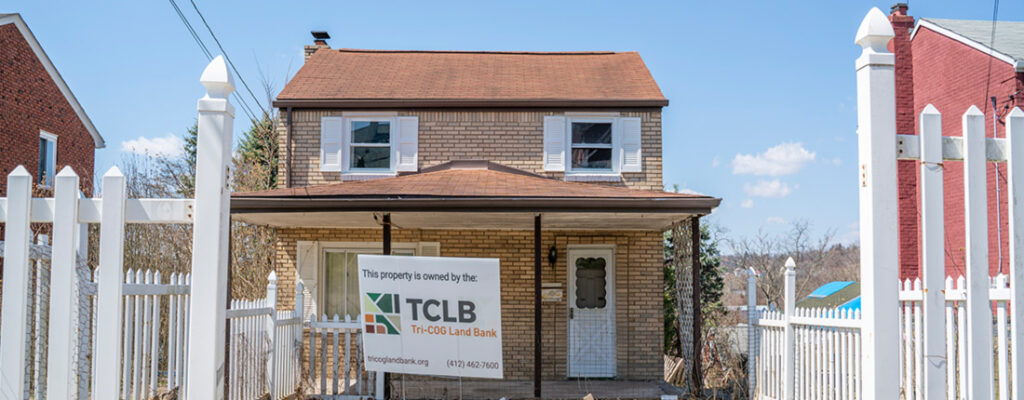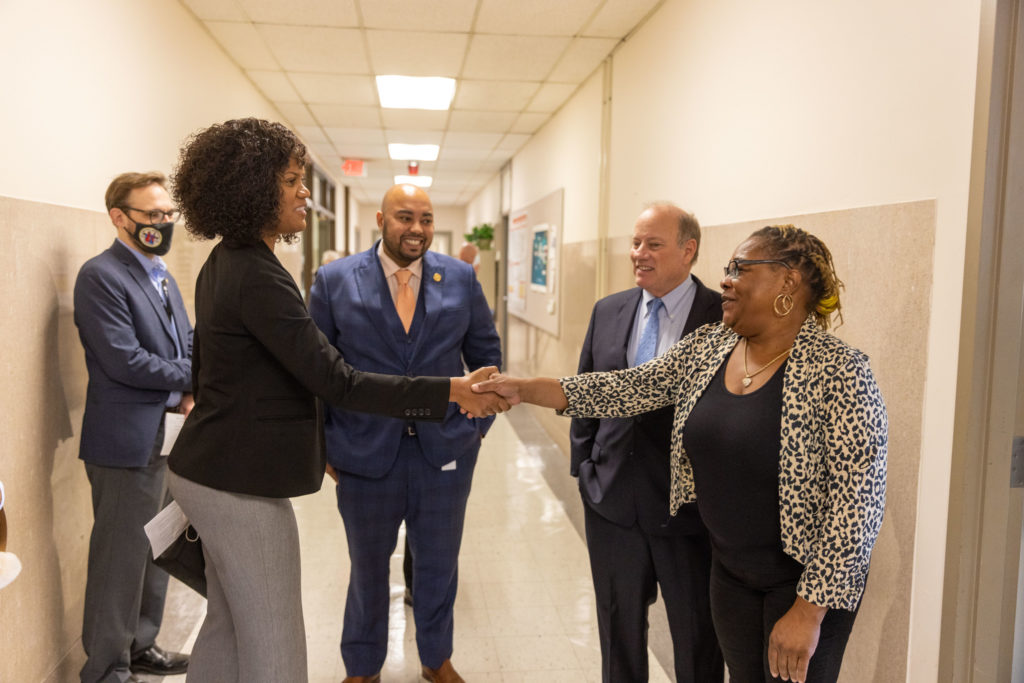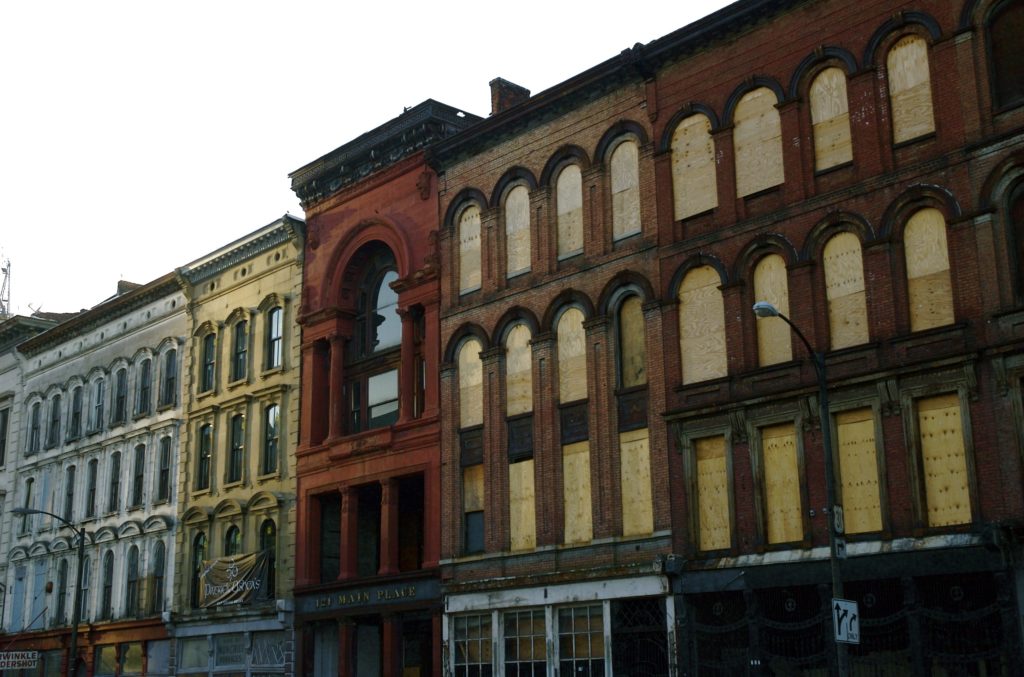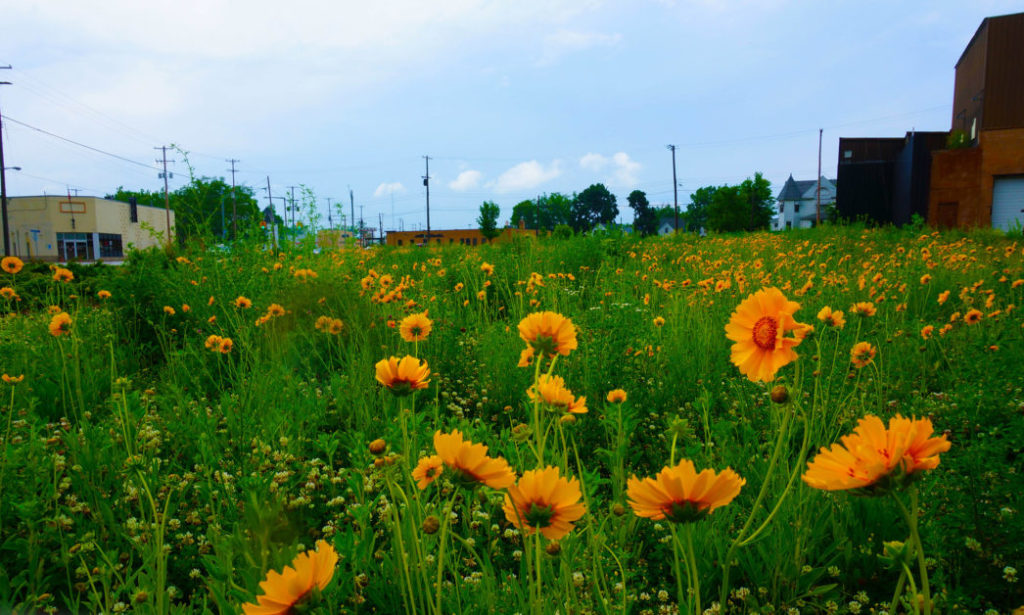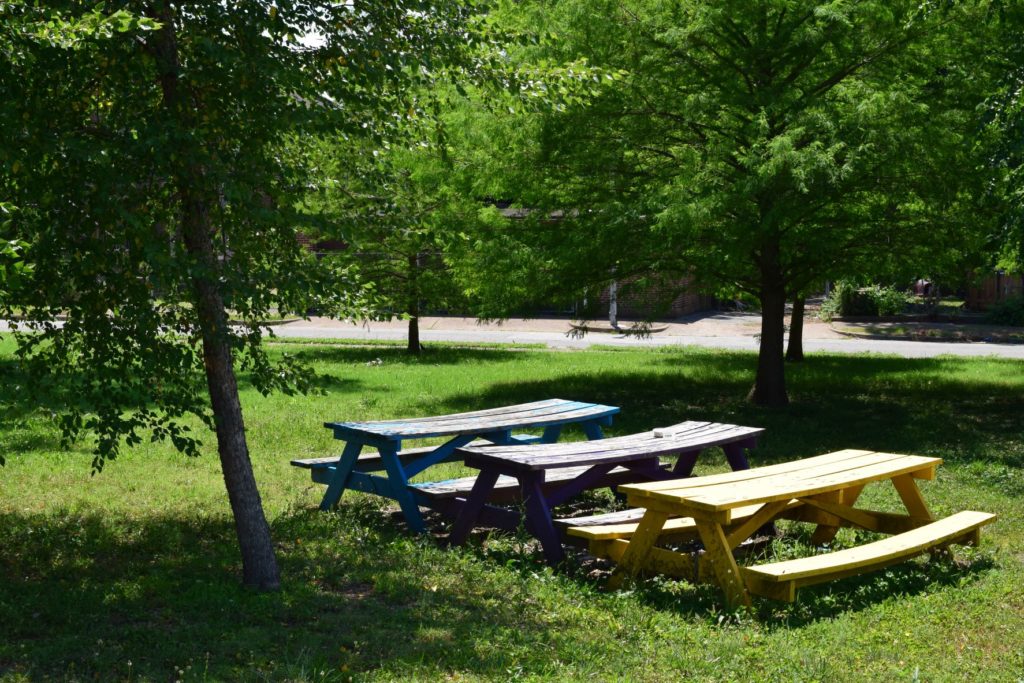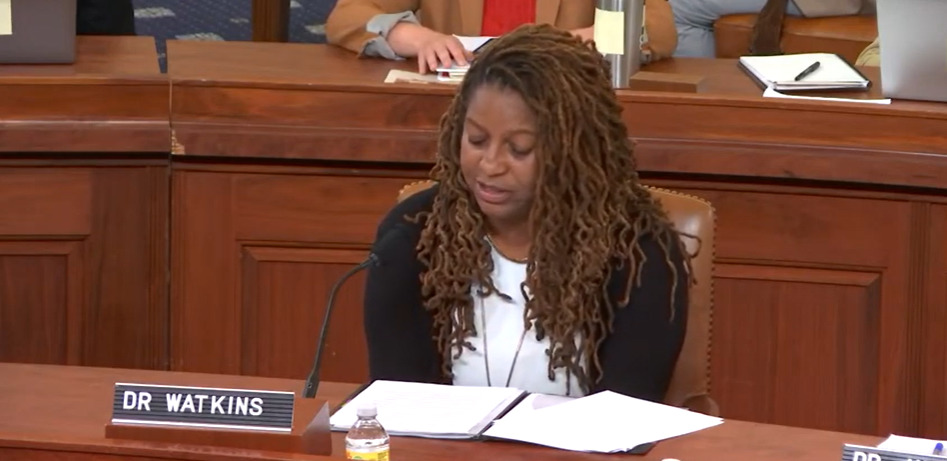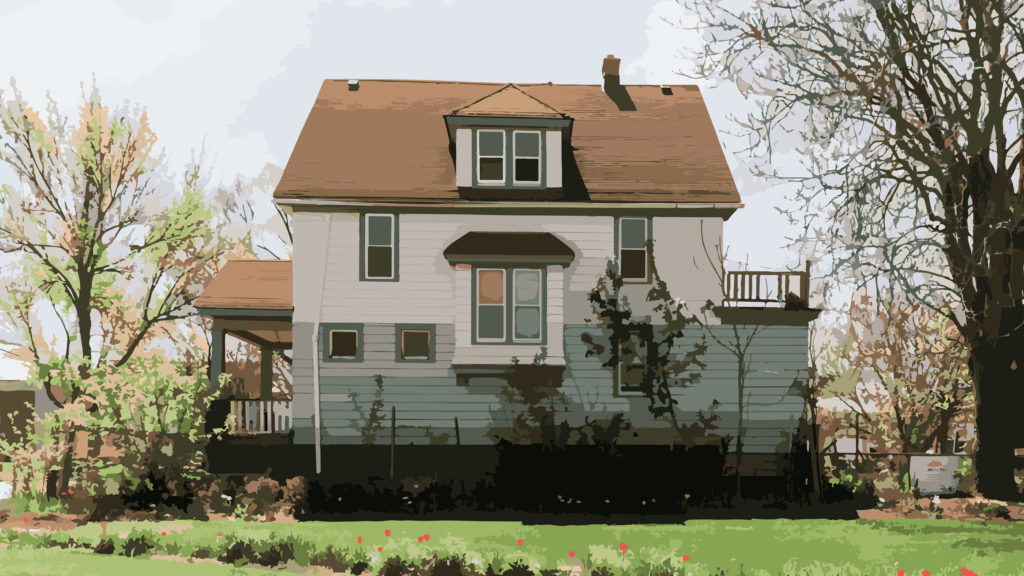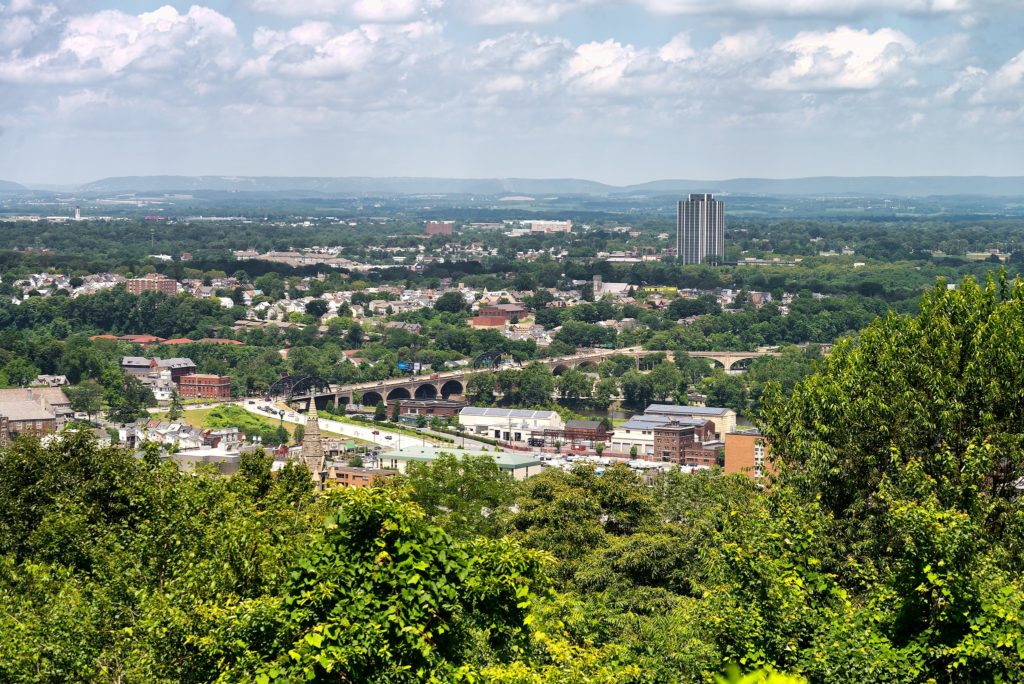Blog
Equitable Revitalization
With the 2024 Reclaiming Vacant Properties Conference (RVP) kicking off in St. Louis this week, Community Progress took a moment to ask three of our top sponsors—JPMorganChase, Missouri Foundation for Health, and Wells Fargo Foundation—what they were looking forward to at the event, and how philanthropy plays a critical role…
Read More »Revisions to the 203(k) Rehabilitation Mortgage Insurance Program aim to make it more accessible and effective and increase the number of 203(k) consultants.
Read More »To address vacant, abandoned, and deteriorated (VAD) properties, local governments must first identify what types of VAD properties exist in the community. Some properties are abandoned with no mortgage and near tax foreclosure. Some fall into disrepair during a long mortgage foreclosure process. In other cases, a property owner may…
Read More »The bipartisan bill is an important step in giving rural, urban, and suburban communities the tools to address “blighted” properties. The key focus of the bill is providing support to land banks, a tool many communities are adopting to support economic and neighborhood revitalization.
Read More »Blight is a shorthand term many people use to refer to properties they perceive as problematic in some way.
Read More »Vacant, abandoned, and deteriorated (VAD) properties—referred to by some as “blighted properties”—pose significant costs to public health, property values, local taxpayers, and more.
Read More »When neighbors come together, they can be a powerful voice for community revitalization.
Read More »Answering the most common and important questions we’ve heard about property tax foreclosure in the wake of Tyler v. Hennepin County.
Read More »Systemic vacancy is the community experience of widespread property vacancy caused by the combined actions of people, policies, and processes.
Read More »The key lesson from this year’s VAD Academy: systemic racism is a root cause of vacant, abandoned, deteriorated properties.
Read More »
